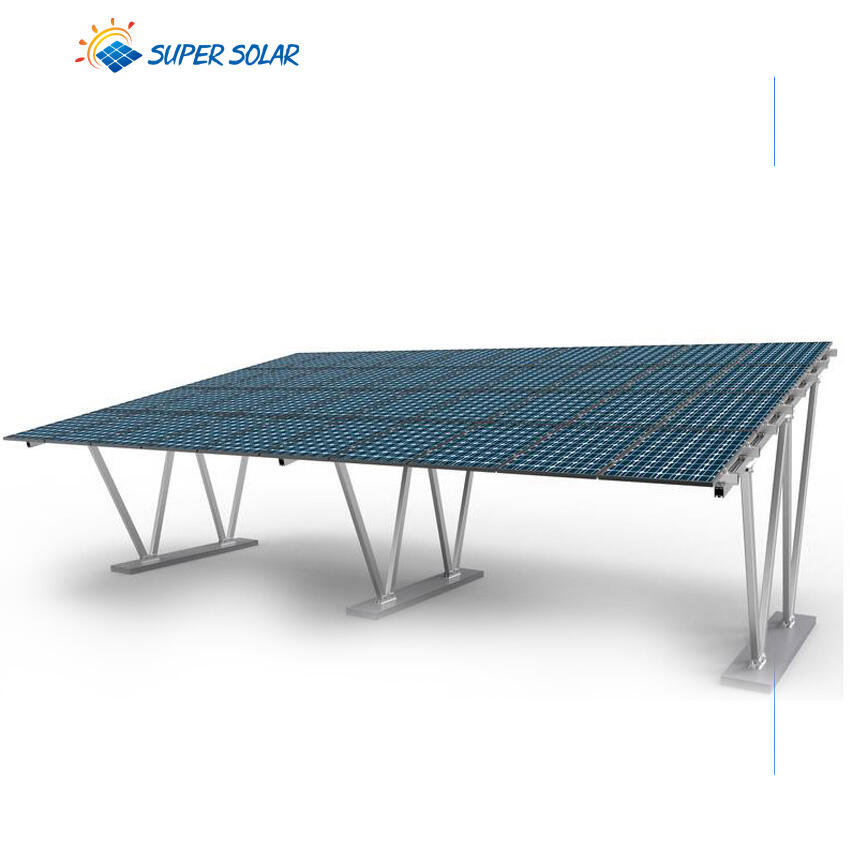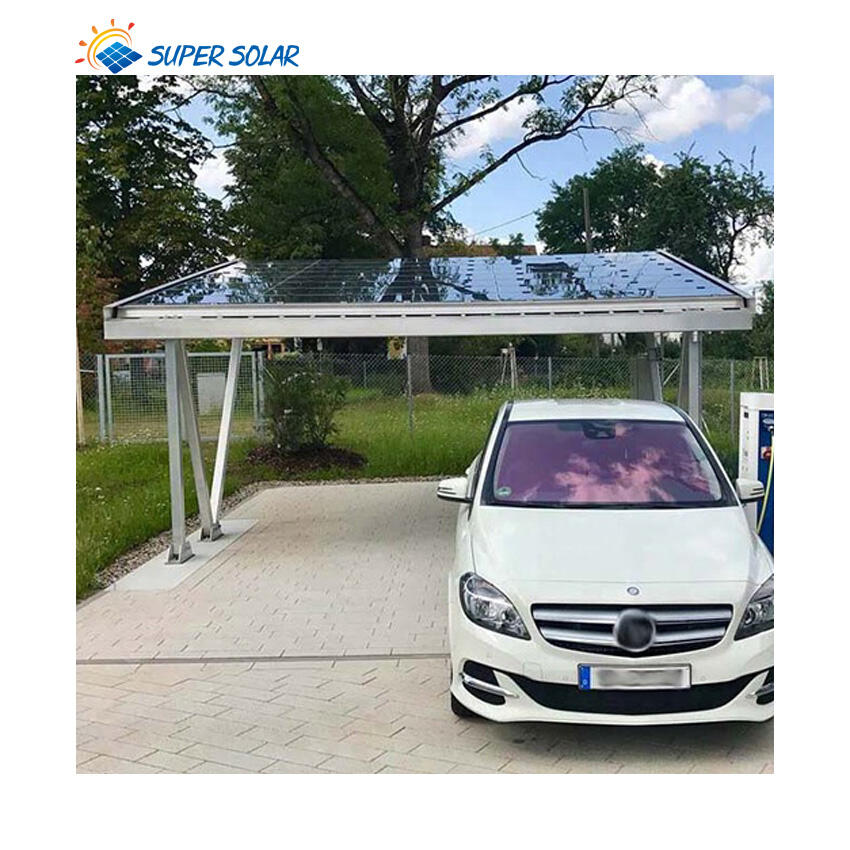The Growing Demand for Solar Carport Solutions on Large Properties
Across commercial landscapes, the solar carport has become one of the most practical and forward-looking investments for businesses, institutions, and property developers. Unlike traditional carports that only provide shade, a solar carport integrates renewable energy generation into functional structures. For large properties with extensive parking areas, this innovation not only enhances utility but also strengthens sustainability efforts. A solar carport transforms unused open spaces into productive assets, generating power while serving employees, visitors, or tenants. It is not surprising that more organizations are turning toward this solution to reduce costs, improve energy resilience, and showcase environmental responsibility.
Advantages of Solar Carport Installations
Maximizing Energy Production on Large Sites
Large commercial properties often come with vast parking lots that receive direct sunlight for much of the day. A solar carport takes advantage of this space, converting it into an energy-generating hub. With extensive panel coverage, the system can produce enough power to offset a significant portion of the property’s electricity demand, reducing reliance on the grid.
Supporting Corporate Sustainability Goals
Businesses face growing pressure to reduce their environmental footprint. A solar carport directly supports sustainability initiatives by cutting carbon emissions. Beyond lowering operating costs, it demonstrates a visible commitment to clean energy, which strengthens brand reputation among customers, employees, and stakeholders.
Financial Impact of Solar Carports
Reduction in Operational Expenses
By generating on-site electricity, a solar carport decreases utility expenses. For large-scale properties such as shopping malls, hospitals, or corporate campuses, this reduction translates into substantial long-term savings. Over time, the system can pay for itself through cost avoidance and consistent energy production.
Incentives and Tax Benefits
Many regions provide financial incentives for installing renewable energy systems. A commercial solar carport may qualify for tax credits, grants, or rebates, further improving its return on investment. When combined with long-term energy savings, these benefits make it an attractive financial decision for property owners.
Enhancing Property Functionality
Vehicle Protection and User Comfort
A solar carport does more than generate electricity; it provides shade and weather protection for vehicles. Employees and customers appreciate the convenience of cooler cars in the summer and reduced exposure to rain or snow. This improves the overall user experience on large commercial sites.
Integration with Electric Vehicle Charging Stations
As electric vehicles continue to gain popularity, installing charging stations under a solar carport becomes a forward-thinking solution. Businesses can offer charging as an added service or perk, enhancing customer loyalty and positioning the property as eco-conscious and future-ready.
Environmental Benefits of Solar Carports
Lowering Greenhouse Gas Emissions
Switching to renewable power from a solar carport reduces dependence on fossil fuels. Every kilowatt-hour generated lowers emissions and contributes to cleaner air. For large properties, the cumulative environmental impact is significant and measurable.
Making Use of Existing Infrastructure
A solar carport avoids the need to dedicate new land for solar farms. Instead, it converts existing parking areas into energy-generating zones. This efficient use of space ensures that properties can embrace renewable energy without compromising other functional needs.
Design Considerations for Commercial Solar Carports
Scalability and Customization
Every property has unique needs, from power requirements to architectural design. A solar carport can be scaled and customized to fit specific layouts. This flexibility ensures optimal energy production and structural integration with existing facilities.
Durability and Low Maintenance
Commercial-grade solar carports are designed to withstand harsh weather while requiring minimal upkeep. With strong materials and quality construction, these systems can last decades, delivering consistent performance with only periodic inspections and cleaning.

Long-Term Value of Solar Carports
Increasing Property Value
Properties equipped with solar carports often see increased market value. Energy efficiency and sustainability features are attractive to buyers, tenants, and investors. For commercial real estate, this enhancement can make a property more competitive and desirable.
Strengthening Energy Independence
By reducing reliance on grid electricity, a solar carport provides greater resilience against rising energy costs and potential power outages. For organizations that require uninterrupted operations, this reliability can be a critical advantage.
Future Potential of Solar Carports
Integration with Smart Energy Systems
Commercial solar carports can be connected to energy storage and smart management systems. This integration enables property managers to monitor production, balance demand, and store excess energy for later use, optimizing efficiency across the property.
Contribution to Community Sustainability Goals
When large properties adopt solar carports, they set an example for surrounding businesses and communities. The collective adoption of renewable energy supports broader environmental goals and accelerates the transition toward cleaner urban infrastructure.
FAQ
Can a solar carport generate enough electricity for an entire commercial property?
A solar carport can produce a substantial amount of electricity, but whether it powers the entire property depends on energy consumption levels and available parking space. In many cases, it significantly offsets grid usage and reduces overall energy expenses.
How long does it take for a commercial solar carport to pay for itself?
The payback period varies based on installation size, regional incentives, and energy savings. On average, many commercial properties see a return on investment within five to ten years, after which the system continues to generate cost-free electricity.
Do solar carports require extensive maintenance?
No, solar carports are generally low-maintenance. Routine cleaning of panels and occasional inspections ensure optimal performance. With durable construction, the system is built to last for decades with minimal upkeep.
How do solar carports affect property value?
Commercial properties with solar carports often enjoy higher market value and greater appeal to tenants and investors. Energy efficiency, cost savings, and visible sustainability initiatives contribute to making these properties more competitive.
Table of Contents
- The Growing Demand for Solar Carport Solutions on Large Properties
- Advantages of Solar Carport Installations
- Financial Impact of Solar Carports
- Enhancing Property Functionality
- Environmental Benefits of Solar Carports
- Design Considerations for Commercial Solar Carports
- Long-Term Value of Solar Carports
- Future Potential of Solar Carports
- FAQ


